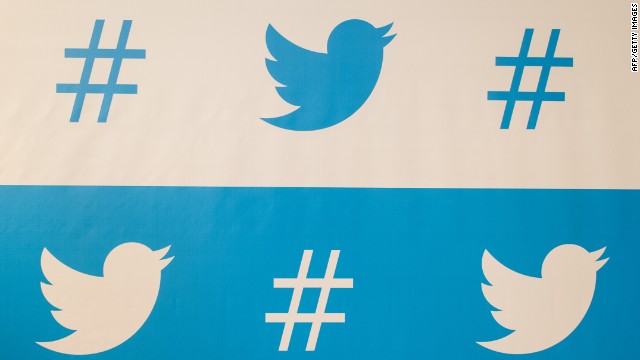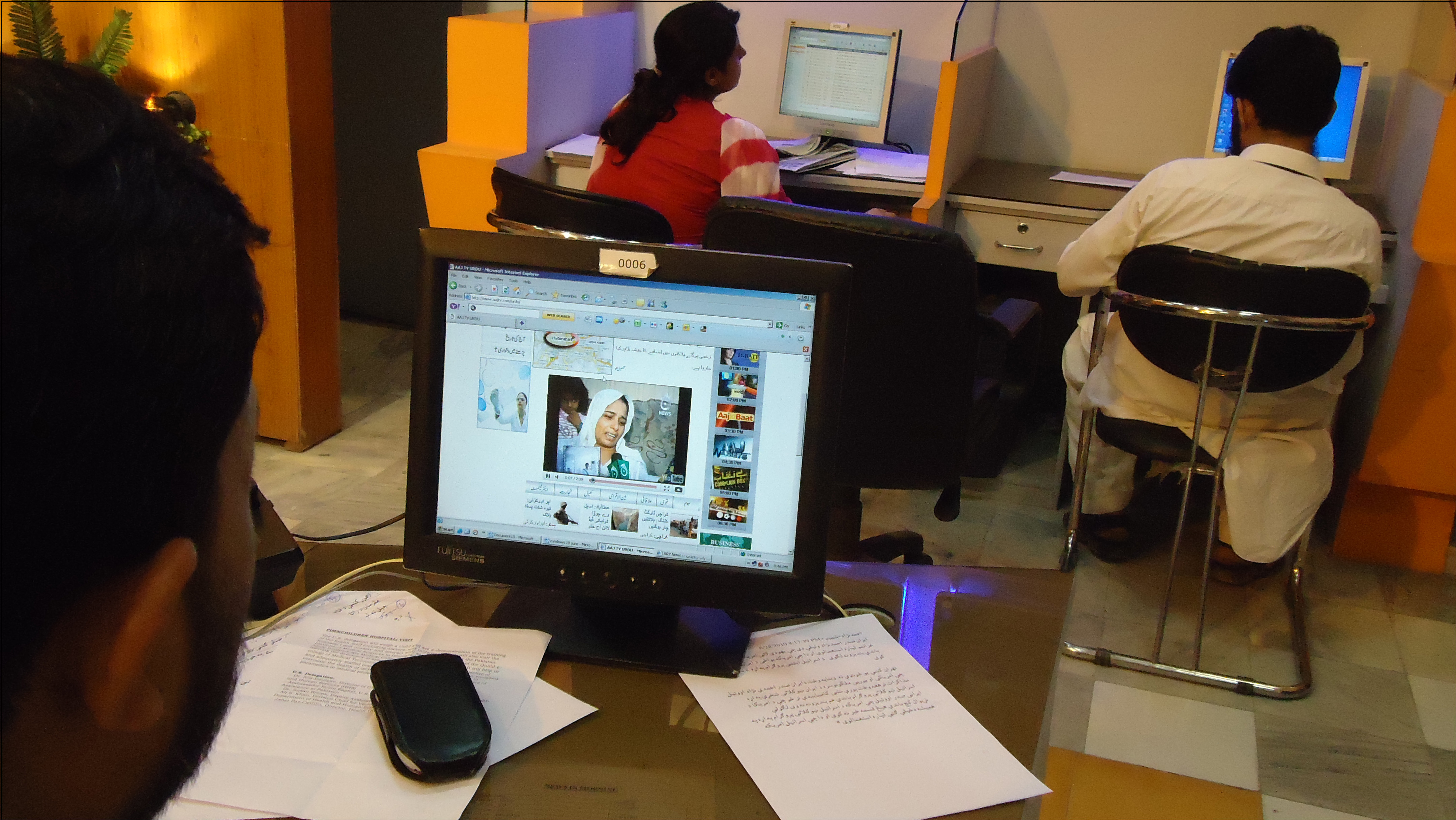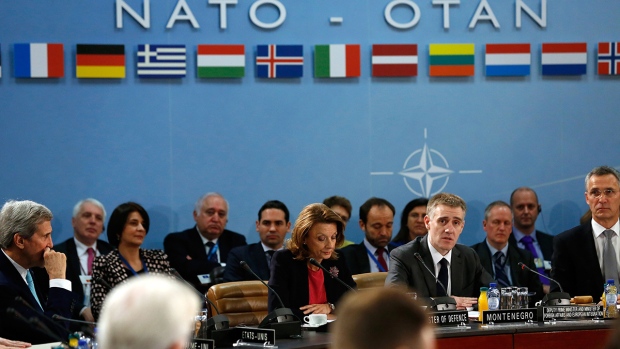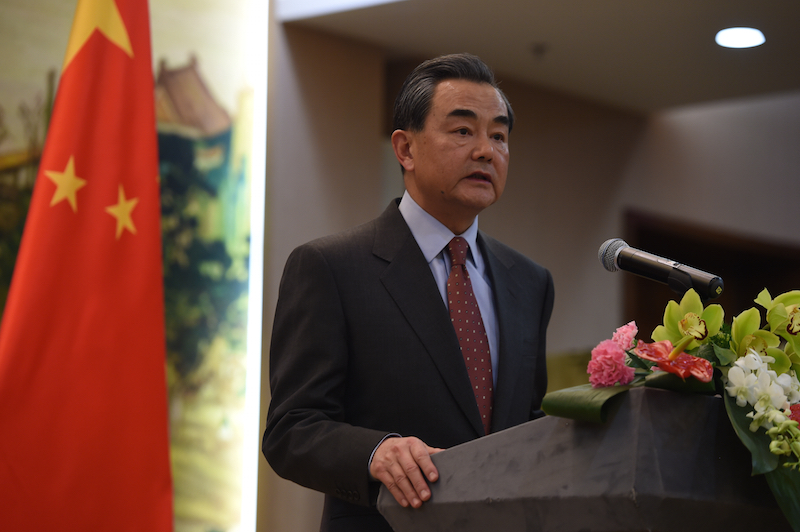Social media has become the number one activity on the Internet – even overtaking email. Facebook alone has expanded its outreach to 1.23 billion users. Adding Twitter and Instagram into the fold, the world has become more interconnected than ever before. These companies provide people with an avenue of self-expression. Unfortunately, they also give people with extremist, even violent, views the same avenue.
Facebook, Twitter, and YouTube have become theaters and records of war, violence, terrorism, and revolutions. The most recent example would be the Syrian Civil War, and how various groups on the ground have utilized social media to spread their message and record what is happening around them. It is difficult to forget the graphic video that went viral of the rebel commander, Abu Sakkar, proudly eating a fallen man’s heart. Moreover, many extremist groups in Syria have taken to social media to promote their narrative. The use of Facebook pages by violent and extremist organizations illustrates how they have become increasingly aware of the importance of the Internet for political and recruitment purposes.
According to Gabriel Weimann of the University of Haifa, “90 percent of organized terrorism on the internet is being carried out through social media,” allowing their ideas to transcend geographical limitations. This could partially explain the reason behind the number of foreigners waging jihad in the Syrian war. Groups like Al-Nusrah in Syria, Al-Shabab in Somalia, and Ansar Beit al-Maqdis in Egypt consistently upload videos with violent/graphic content and send friend requests in an effort to recruit.
Facebook is particularly popular among groups in Egypt and Pakistan. Since the ouster of Muslim Brotherhood president Mohamed Morsi in July 2013, young members of the Egyptian Muslim Brotherhood have used the social networking site to organize violent opposition to the state. Brotherhood members have attempted to appeal to their supporters by organizing Facebook events and pages calling for the death of Egyptian security officials, burning police cars, and staging demonstrations to inconvenience the state and the population. In addition, Facebook groups like “The Execution Movement,” “Islamic Egypt,” and the “Martyr Brigades,” have called for the use of lower level weapons like Molotov cocktails and aerosol cans to inflict violence on governmental and civilian targets as an attempt to weaken the Egyptian state. These pages also encourage their members to fight the current regime, with posts accompanying inspirational quotes from Sayyid Qutb, who is considered the father of Islamic extremism, and images of Hamas fighters.
Similarly, Tehkreek-e-Taliban Pakistan (TTP) has also attempted set up Facebook pages to spread its message and recruit. The group has called for online job applications that include responsibilities of video editing, translating, sharing, uploading, and downloading, citing “the pen is mightier than the sword.” The page received 2,000 likes, but has since been deleted by Facebook. Another group in Pakistan affiliated with the Taliban, has also set up Umar Media to circulate videos and study material, but the account was also deleted. Since its removal though, another Umar Media page has popped up. This demonstrates that material on social media is difficult to contain, while extremist and militant groups have begun exploiting it as a platform to post and spread their official statements and general narratives, even setting up social media and IT wings within their organizational structure.
On Twitter, the Somalian group al-Shabab, who were responsible for the deadly Westgate Mall attack in Kenya, have been particularly active. At the end of January, Twitter suspended their account (@HSMPress_arabic). It was removed after the group posted a video threatening to kill two Kenya hostages unless the government surrendered to its demands. However, another account on Twitter has emerged (@HSMPress_). Although it is unclear whether this new account is affiliated with al-Shabab, there seems to be a constant pattern of account removals and new ones emerging. Al-Nusra of Syria and Al-Qaeda in the Islamic Maghreb (AQIM) were also active on Twitter before the social networking site removed their accounts for violating its terms of use. Aaron Zelin of the Washington Institute of Near East Policy, and many others, have gone as far as criticizing Twitter for not having a clear policy towards terrorist activities on its platform.
Are social networking sites really to blame? Policing social media has proven difficult. It is hard to keep track of various pages, threads, and tweets, especially considering the level of outreach social networks have. Additionally, many pages and posts remain “under the radar,” since they often operate in different languages, and therefore are unnoticed. There is also the question of freedom of speech versus censorship, and whether taking down specific accounts violates the whole ideal of social networking. Twitter and Facebook have repeatedly emphasized that they take down any account that violates their terms of use.
It is worth noting that there is a relative upside to terrorists tapping into social media. Even though social networking sites help groups like al-Shabab expand their outreach, they also expose them to surveillance and aid governments in tackling violence and extremism.





